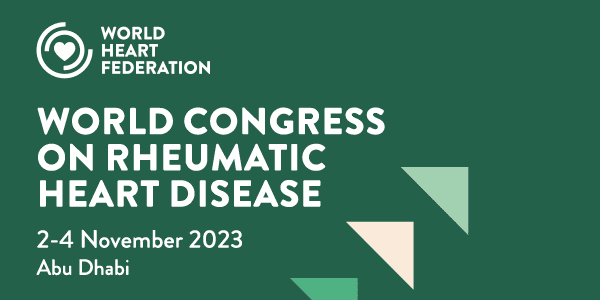3.139 - AMICOR (26)
#Dra. Valderês Antonietta Robinson Achutti (*13/06/1931+15/06/2021)
#Slideshow: 109 fotos de abertura Clicar em apresentação
| |||||||||||||||||||||||||||||||||||||||||
|
|
|
a enciclopédia livre que todos podem editar.
#Neuroscience News
Aging Myelin: A New Perspective in Alzheimer’s Disease Progression
Age-related degeneration of myelin, the insulating layer around nerve cells in the brain, actively promotes disease-related changes in Alzheimer's. Researchers examined mouse models of Alzheimer's with myelin defects, finding that these defects accelerated the formation of amyloid plaques, a characteristic sign of Alzheimer's. #
|
- Sheila Martins foi uma das vencedoras do Excellence Awards 2023, premiação promovida pela Liga Mundial de Hipertensão, em razão do trabalho realizado à frente da Organização Mundial do AVC - entidade da qual é presidente. | Leia a notícia.
A new study reveals health concerns about the sugar substitute sucralose so alarming that researchers said people should stop eating it and the government should regulate it more.
Sucralose is sold under the brand name Splenda and is also used as an ingredient in packaged foods and beverages.
The findings were published this week in the Journal of Toxicology and Environmental Health, Part B. The researchers conducted a series of laboratory experiments exposing human blood cells and gut tissue to sucralose-6-acetate. The findings build on previous research that linked sucralose to gut health problems./.../




















